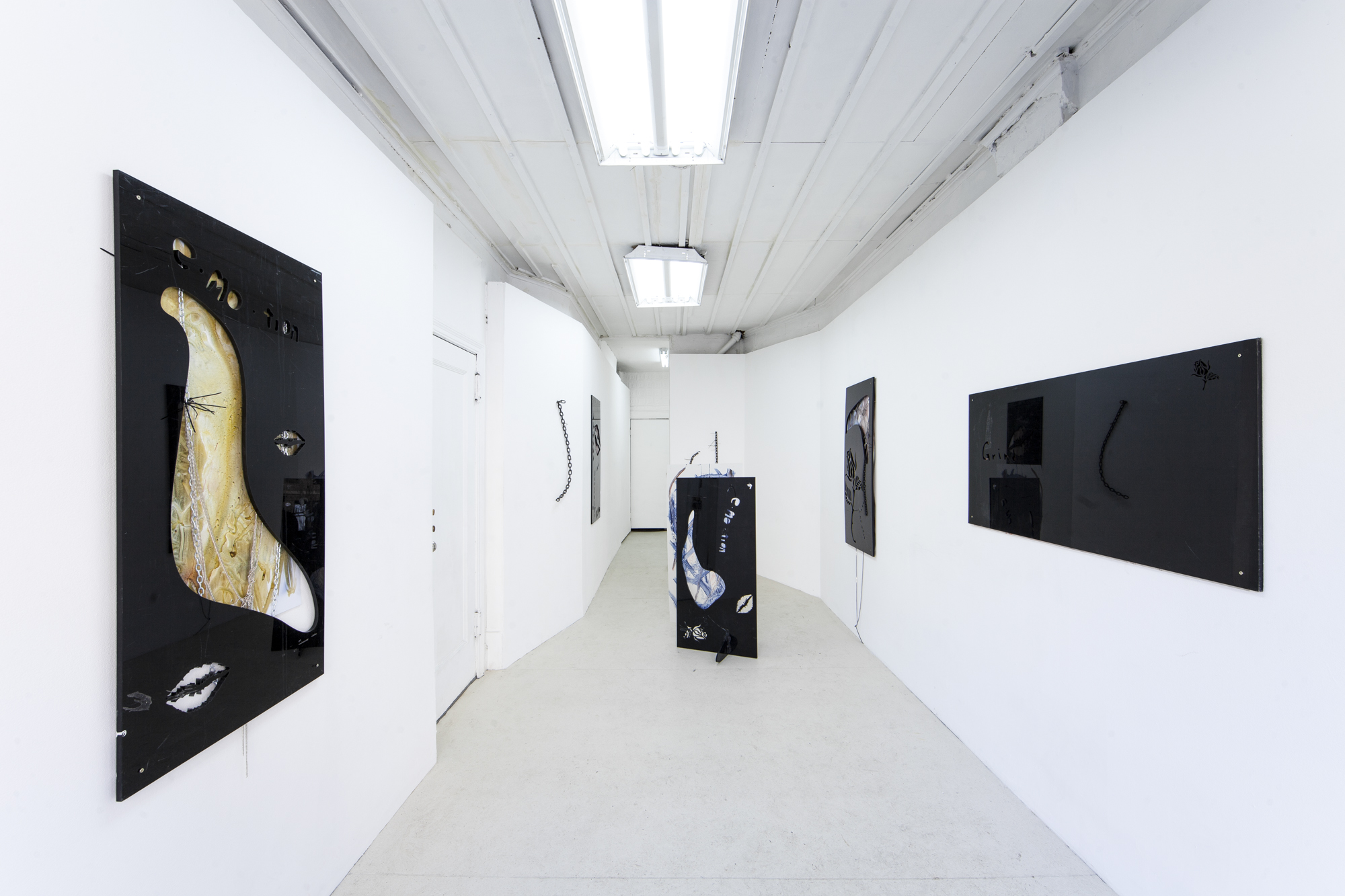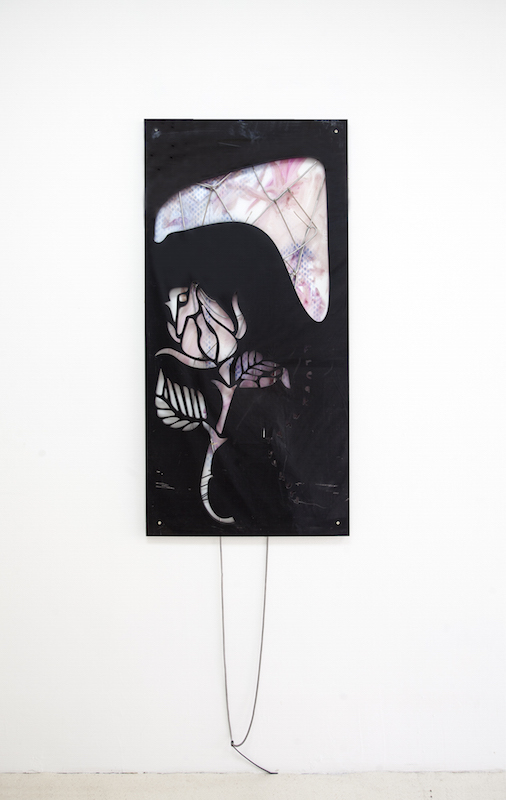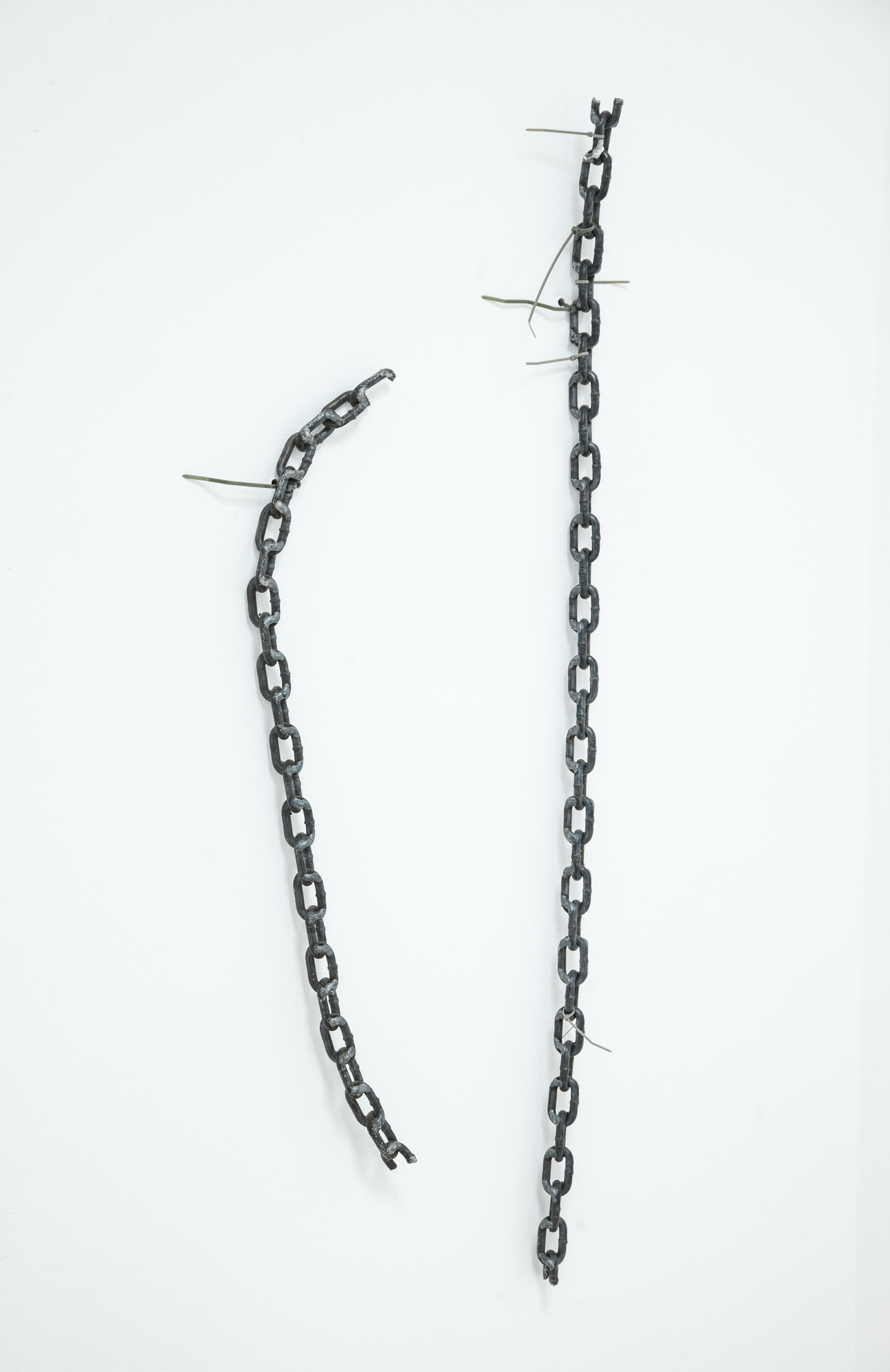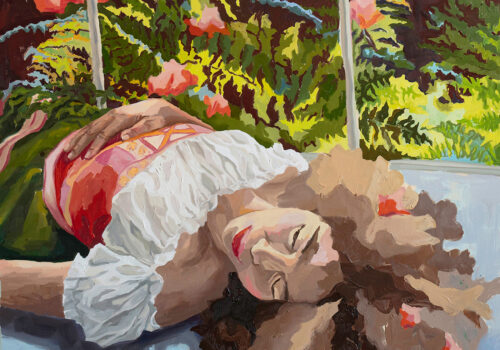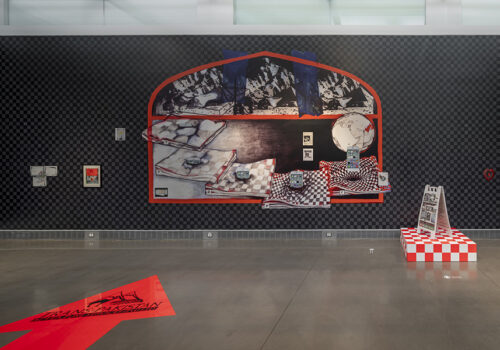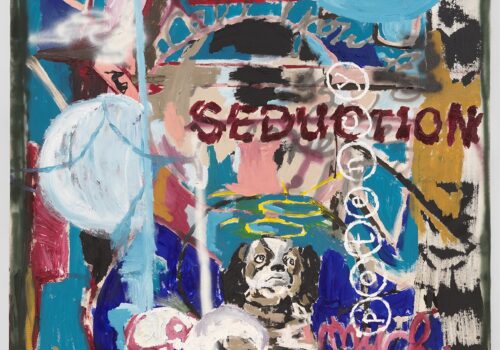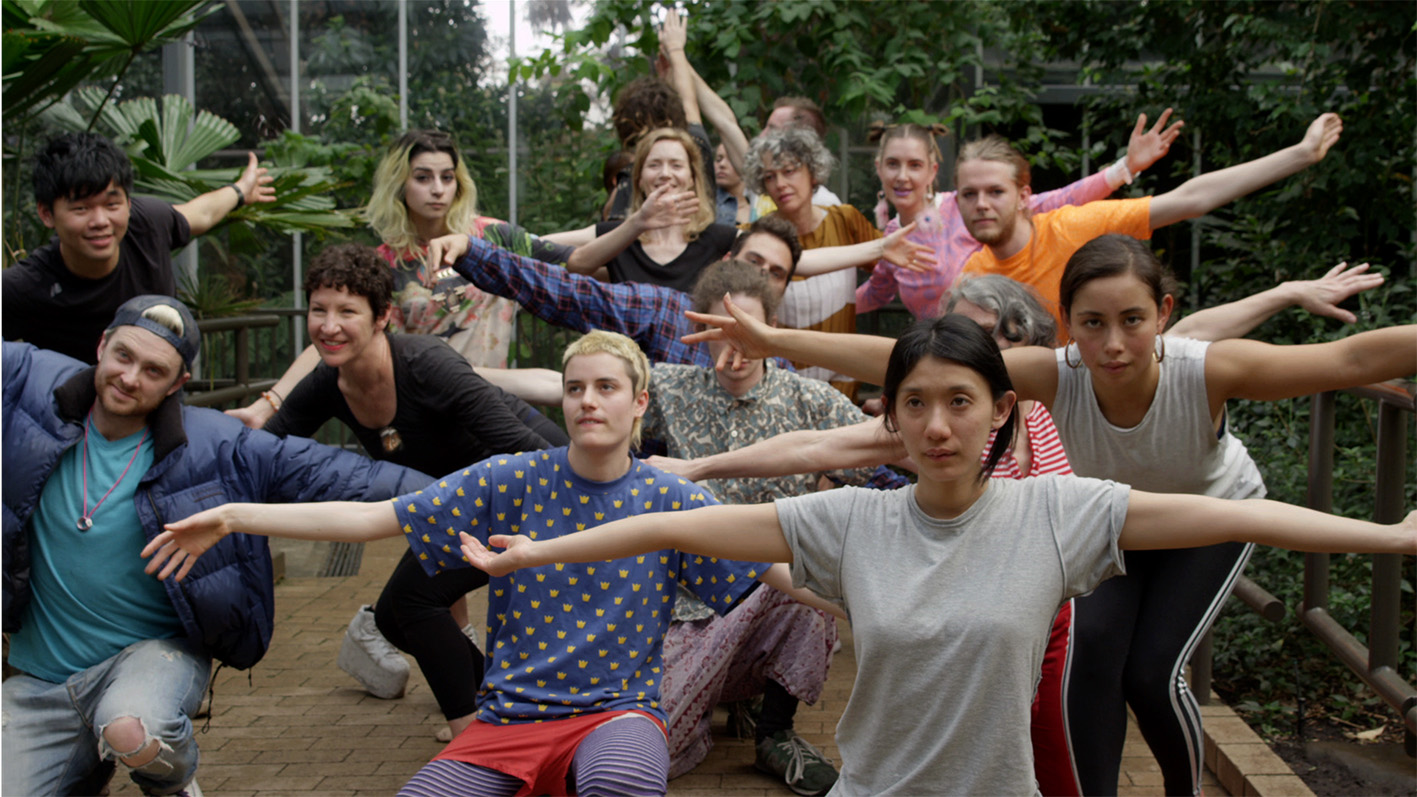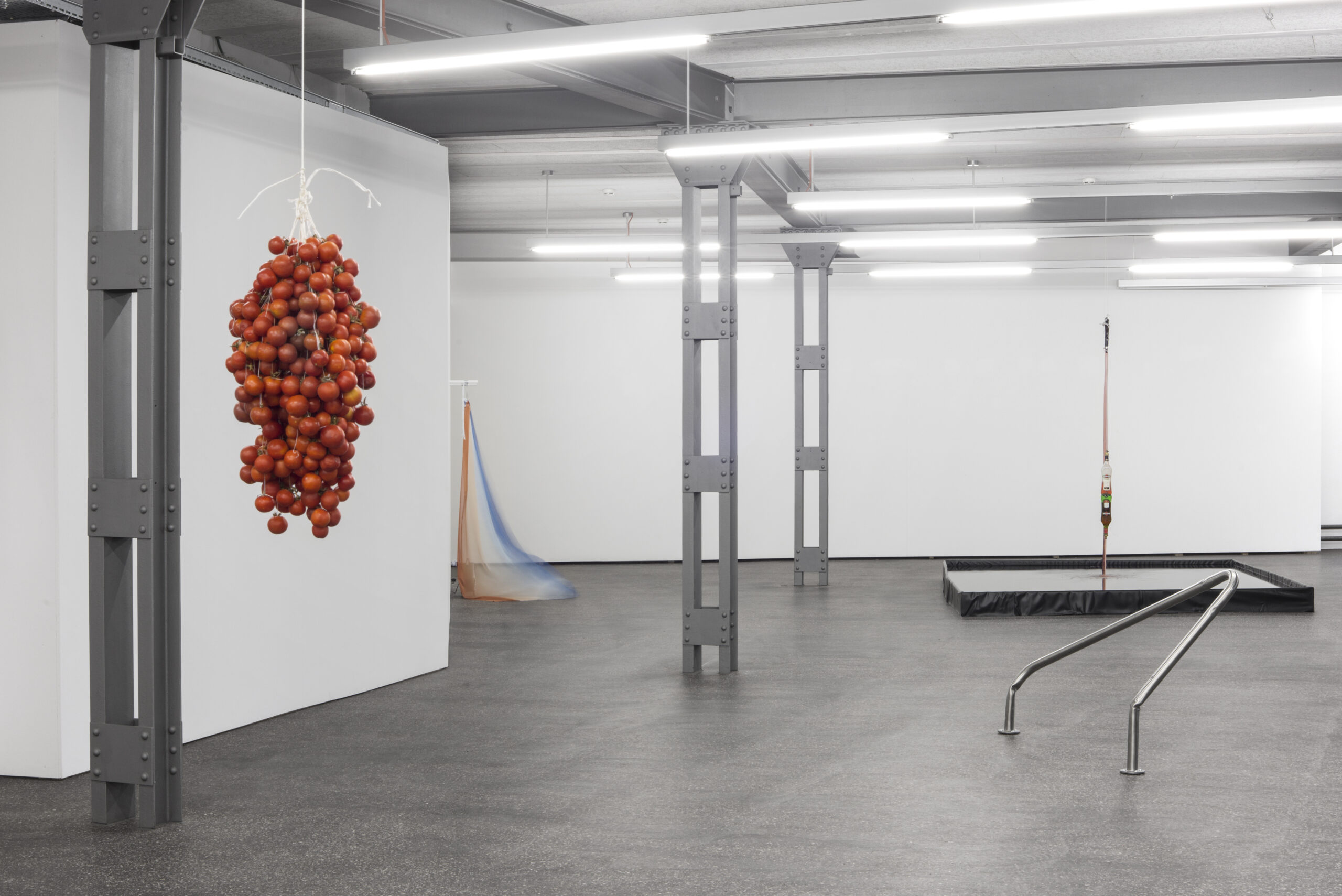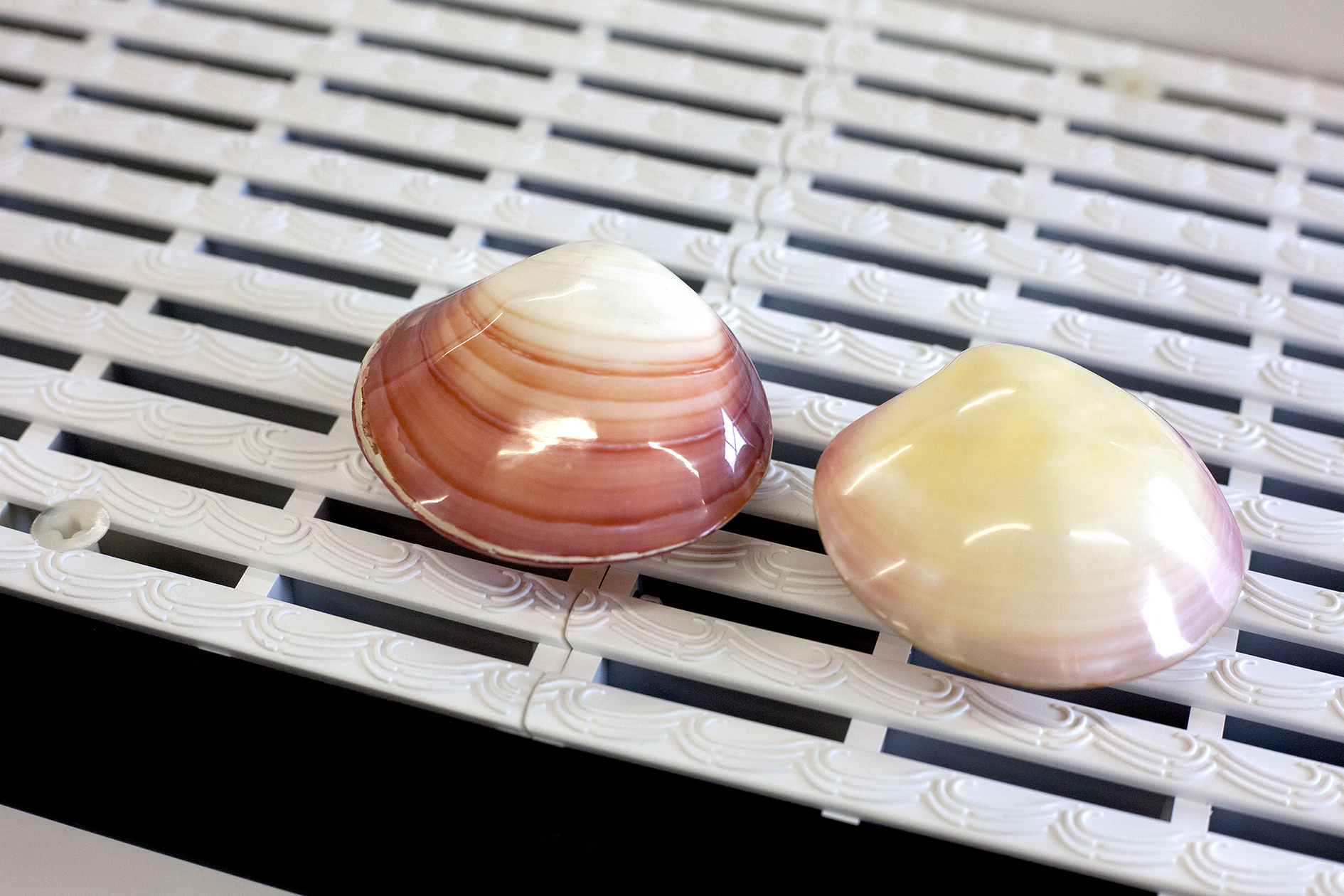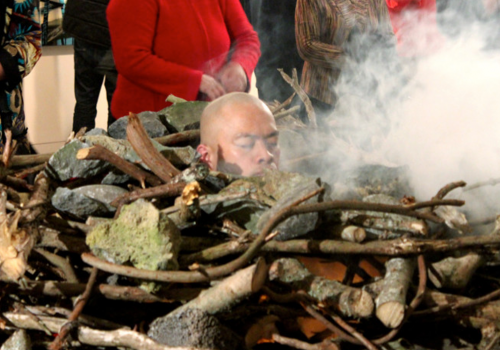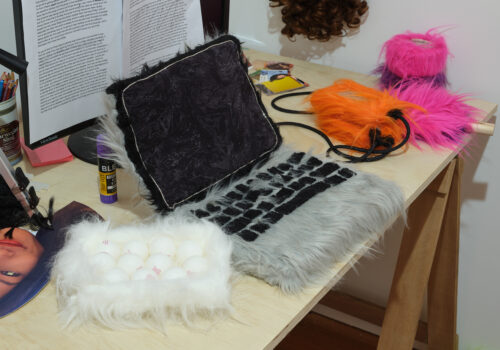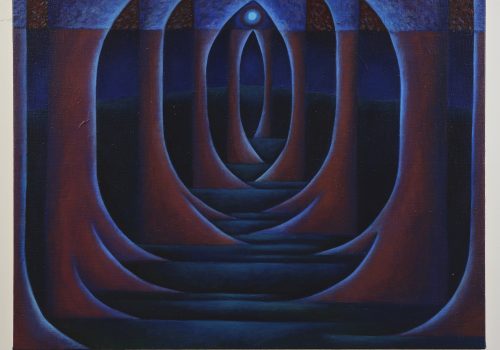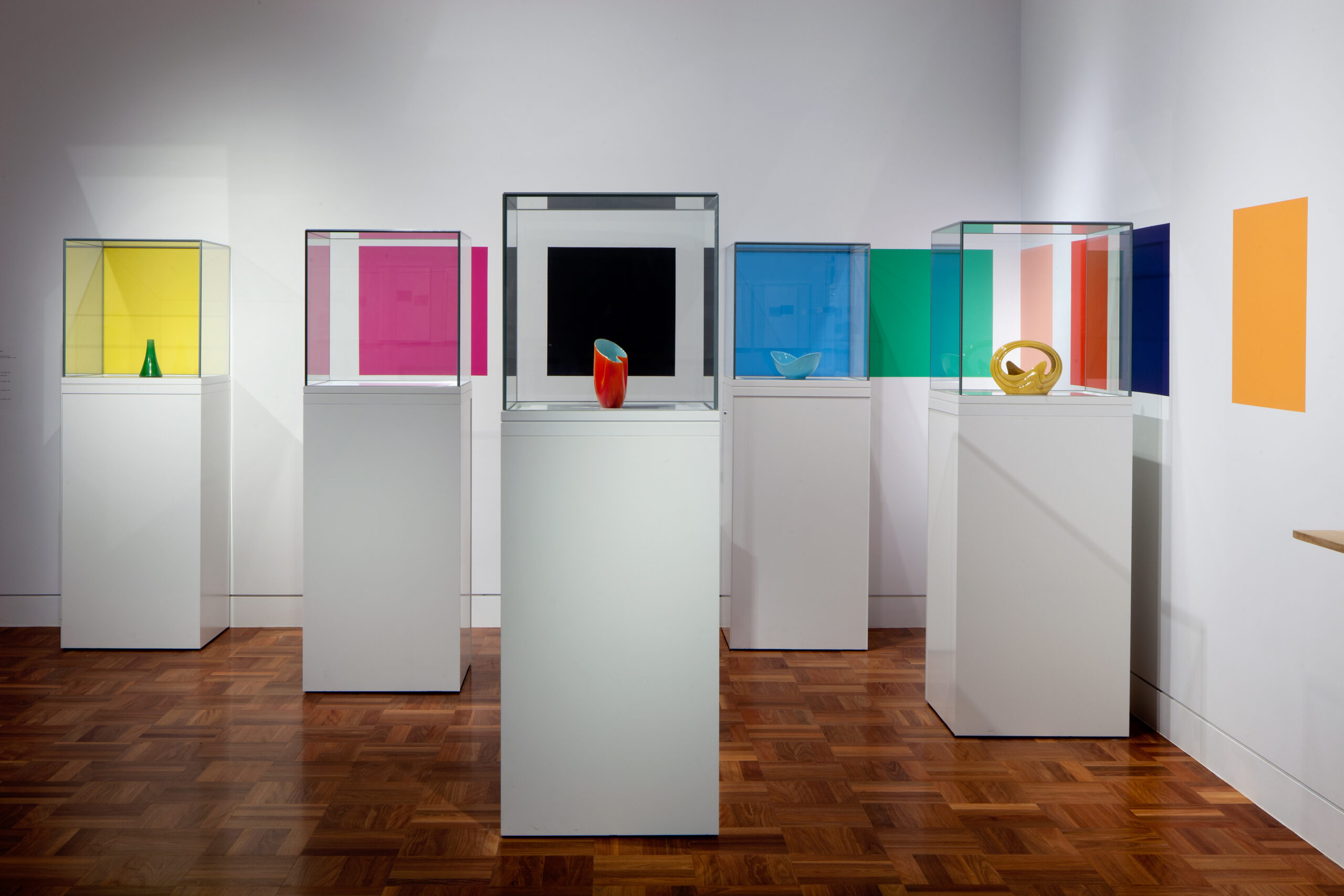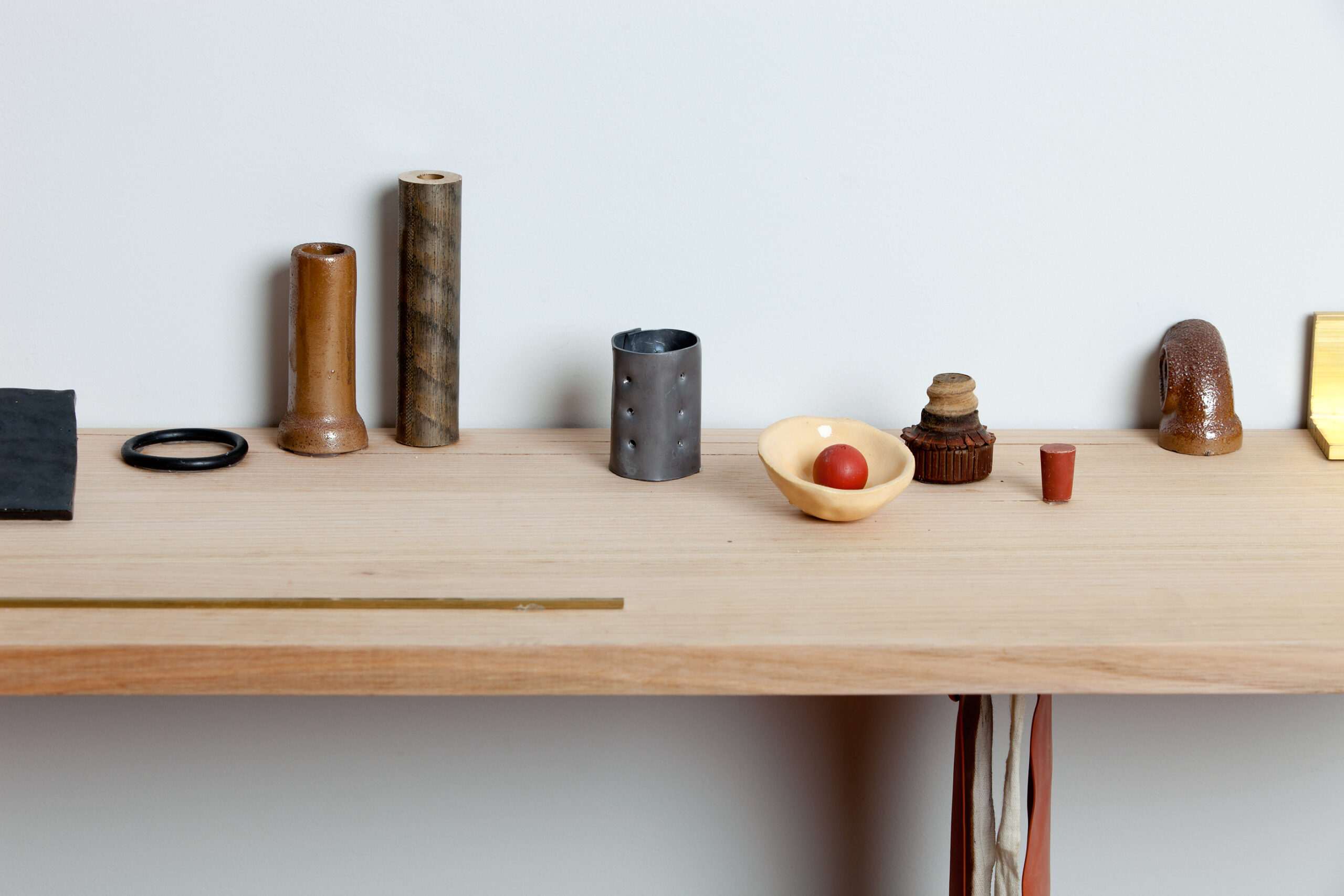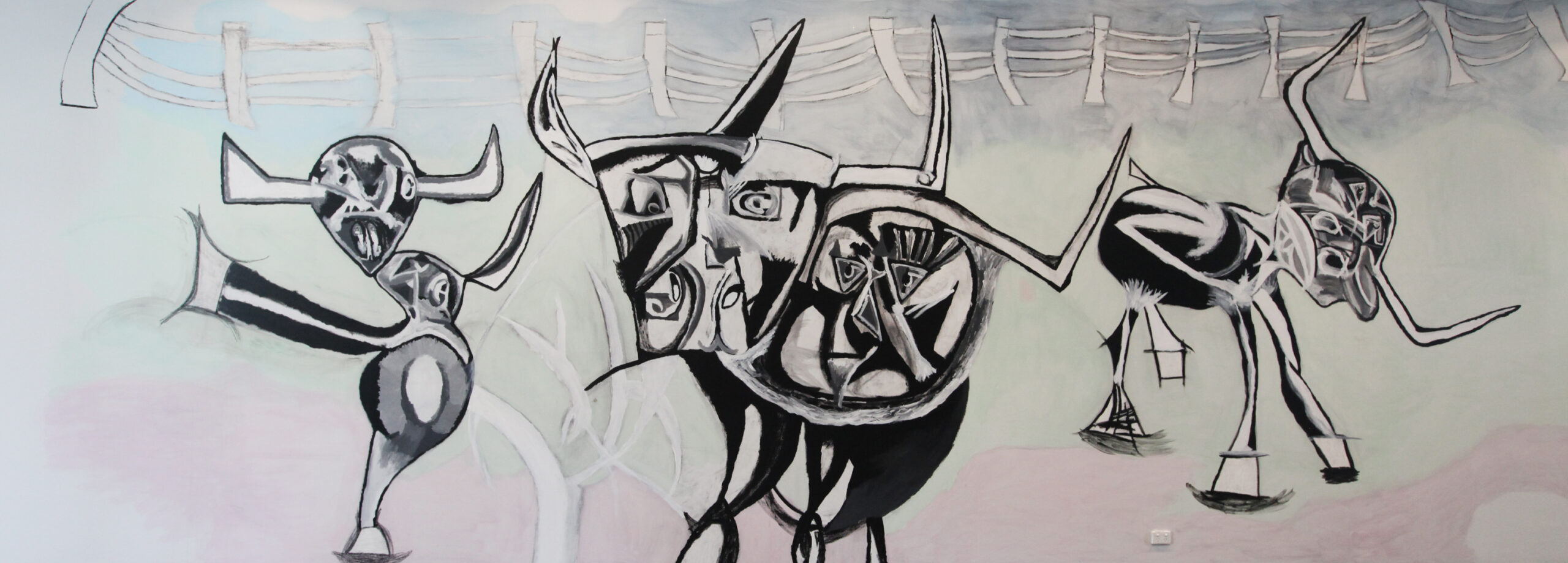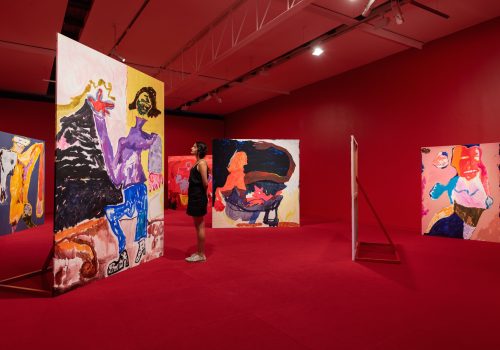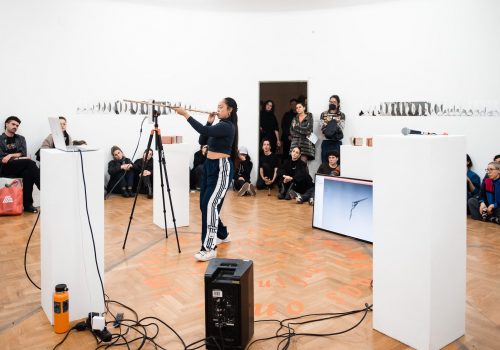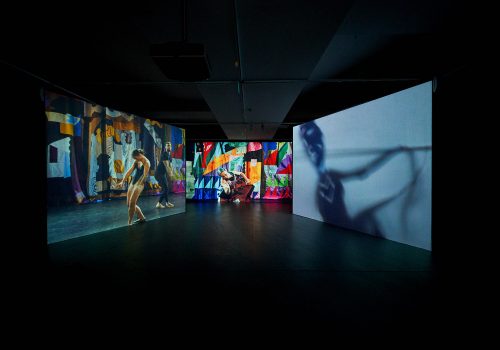Past Residents
Past Resident2016: The New York Community Trust’s Edward and Sally Van Lier Fund
Raque Ford
Raque Ford works with painting, sculpture and the image. Her work deals with the politics of aestheticization, referencing feminism in pop culture and music, worship and idolization of the strong black female, and contemporary issues of consumerist society. Ford uses abstraction as a material in her process, by jamming materials and symbols to create new dialogues or approaches. She is interested in the culture of performing identity, including gender, race and individuals’ overall attitude.
Raque Ford (born 1986, Columbia, Maryland) received her BFA from Pratt Institute in 2010 and her MFA from Mason Gross School of Arts at Rutgers University in 2013. Recent solo shows include That Which We Call A Rose By Any Other Name Would Smell As Sweet, Soloway, Brooklyn, and Raque, Welcome Screen, London. She has exhibited in group shows at S1, Portland, Oregon; Evelyn Yard, London; and 321 Gallery, Brooklyn.
Residents from United States
Past Resident2016: Creative New Zealand
Alicia Frankovich
Alicia Frankovich is interested in the potential for new modes of imagining bodies and their behaviors for both humans and non-humans. She works with performance, sculpture, video, photography, and temporary exhibition experiences. Frankovich is interested in creating new languages that merge movements, experiences, sensibilities, materials from various fields, often by collaborating with non-professional participants. Her mode of production combines various past histories with the present to form relationships with possible futures. She builds equivalences through the combination of form or temporal experience, that create links between things and beings to allow for a more plural understanding of time.
Alicia Frankovich (born 1980, Tauranga, New Zealand) holds a BVA in sculpture from Auckland University of Technology, and lives and works in Berlin. Her solo and two-person exhibitions include The Female has Undergone Several Manifestations, Starkwhite, Auckland, 2016; Complex Bodies, Kurator, Alte Fabrik, Gebert Stiftung für Kultur, Rapperswil, Switzerland, 2015; Today this technique is the other way around, Kunstverein Hildesheim, 2013; and Gestures, Splits and Annulations, Künstlerhaus Bethanien, Berlin, 2011. Group exhibitions and performances include: Les Limbes, La Galerie, Noisy-le-sec, France 2016; If I Can’t Dance I Don’t Want To Be A Part Of Your Revolution, Gerrit Rietveld Academie, Amsterdam, 2016; Le Mouvement: Performing the City, Biel/Bienne, Switzerland, 2014; Nouvelles Vagues, Palais de Tokyo, Paris, 2013; and Material Traces, The Leonard & Bina Ellen Art Gallery, Montréal, 2013.
Events & Exhibitions
Brooklyn Commons: Tehching Hsieh and Alicia Frankovich
July 26, 2016, 6:30-8pm
Past Resident2016: The Ian Potter Foundation, Gordon Darling Foundation, American Australian Association
Elise Routledge
Elise Routledge is a curator who approaches her work with sensitivity to artists’ ideas and processes, and respect for the intelligence and curiosity of audiences. She is interested in how cultural contexts and environments inform the production and interpretation of contemporary art. Routledge’s curatorial projects are characterized by their engagement with social themes, risk, and institutional critique.
Elise Routledge has worked with the Museum of Contemporary Art, Sydney; Shepparton Art Museum (SAM), Victoria; Experimenta Media Arts, Melbourne; British Council, Sydney; and Artangel, London. Routledge has curated exhibitions at Gertrude Contemporary, Melbourne, and Firstdraft Gallery, Sydney, and has contributed to numerous publications. She was awarded a scholarship from the College of Fine Arts, University of New South Wales, and received an Australia Council Skills and Arts Development grant in 2014. Recent curatorial projects include Kate Murphy: Probable Portraits, Shepparton Art Museum; Bindi Cole: I Am, Shepparton Art Museum; Delinquent Angel: John Perceval’s ceramic angels, Shepparton Art Museum; Experimenta Recharge: 6th International Biennial of Media Art, RMIT Gallery, Melbourne; and A Galaxy of Suns by Michaela Gleave premiering at Dark Mofo, 2016, Hobart, Tasmania, Australia.
